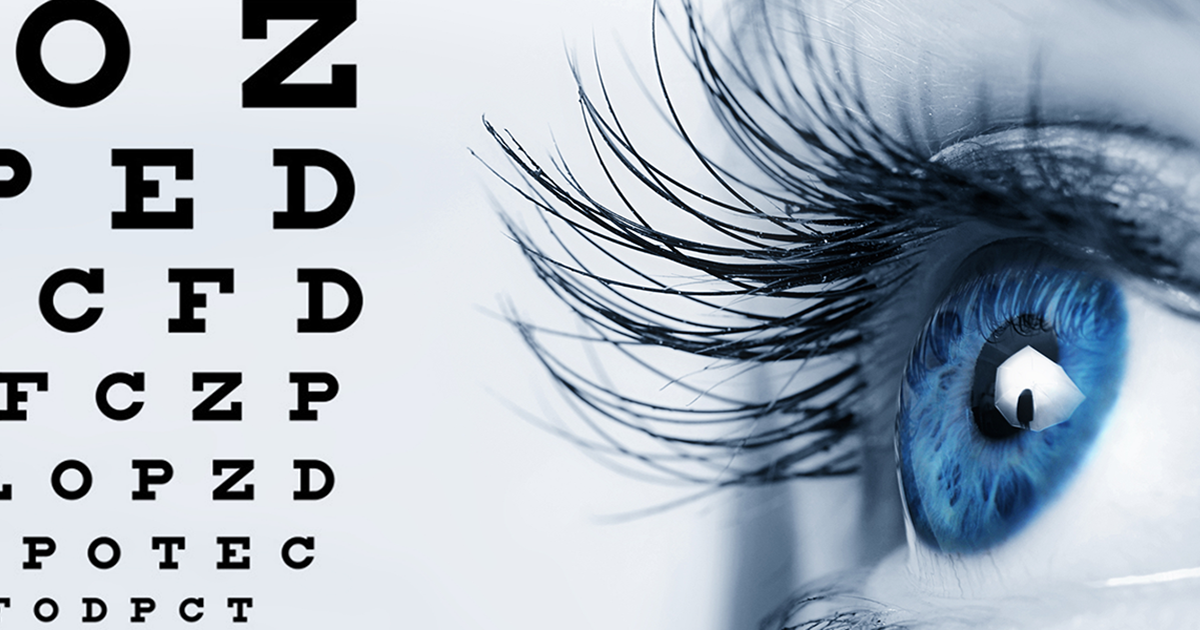Comprehending the Numerous Eye Issues Dealt With by Specialized Eye Care Professionals
In the realm of eye care, specialized professionals play a critical function in detecting and dealing with a large selection of eye problems. From typical refractive errors that affect vision clarity to age-related conditions that present challenges as we age, the expertise of these specialists includes handling vision-threatening conditions and intricate corneal conditions. The complexities of neurological eye conditions existing distinct obstacles that require specialized care. As we start this exploration of the different eye conditions attended to by specialized eye treatment specialists, it comes to be obvious that the elaborate internet of eye health and wellness holds a myriad of interesting insights waiting to be revealed.
Usual Refractive Errors
Refractive mistakes are usual visual problems created by a blemish in the eye's capability to correctly focus light, resulting in blurred vision. Astigmatism is identified by an irregularly designed cornea, resulting in altered or obscured vision at all distances. Presbyopia is an age-related problem where the lens loses its flexibility, making it challenging to concentrate on close objects.
These refractive errors can be dealt with through various approaches, consisting of glasses, contact lenses, or refractive surgery. Eye care experts play a crucial duty in identifying and handling refractive mistakes to aid people achieve clearer vision and improve their lifestyle.
Age-Related Eye Problems
One of the most widespread age-related eye problems is age-related macular deterioration (AMD), an illness that creates main vision loss and can make tasks like reading and driving difficult. Cataracts, an additional typical problem among older individuals, create clouding of the eye's all-natural lens, leading to obscured vision. Normal eye tests with specialized eye care experts are important for very early detection and administration of these age-related eye problems to preserve vision and maintain eye health as individuals grow older.
Vision-Threatening Illness
Vision-threatening diseases incorporate a variety of serious ocular problems that have the potential to significantly impact a person's sight and total visual function. These conditions present a danger of permanent vision loss if not quickly detected and treated by specialized eye care experts. Some usual vision-threatening diseases consist of glaucoma, diabetic person retinopathy, age-related macular deterioration (AMD), and retinal detachment.
Glaucoma is a group of eye problems that harm the optic nerve, often due to high intraocular stress, leading to outer vision loss and possible blindness if left neglected. AMD is a modern condition influencing the macula, leading to main vision loss.
Very early discovery, normal eye exams, and prompt treatment are important in handling vision-threatening conditions to maintain eyesight and keep quality of life. Specialized eye treatment professionals play an essential function in diagnosing, treating, and handling these conditions to stop irreversible vision loss.

Corneal Problems
Corneal disorders include a range of conditions Go Here that influence the clear front part of the eye, referred to as the cornea. Learn More These problems can lead to pain, aesthetic disturbances, and in severe situations, vision loss. One usual corneal condition is keratoconus, where the cornea thins and bulges external into a cone form, creating astigmatism and obscured vision. Corneal dystrophies, such as Fuchs' dystrophy, cause gradual vision loss due to uncommon deposits in the cornea. Corneal abrasions, often brought on by injury or foreign items, can lead to pain, redness, and level of sensitivity to light. In addition, infections like keratitis can inflame the cornea, possibly causing scarring and vision disability if not promptly treated. Treatment for corneal conditions differs relying on the specific condition but might consist of drugs, contact lenses, or in serious instances, corneal transplants. Normal eye examinations are crucial for early detection and monitoring of corneal problems to maintain vision and eye health.
Neurological Eye Conditions
Neurological eye conditions include conditions that influence the the original source connection in between the eyes and the brain, affecting visual processing and total eye function. These conditions can manifest in various methods, influencing vision, eye motions, and also the sychronisation in between the eyes. One usual neurological eye problem is optic neuritis, identified by inflammation of the optic nerve causing vision loss, shade desaturation, and discomfort with eye activity.
Another considerable condition is nystagmus, where the eyes make repeated, uncontrolled activities, influencing visual skill and depth assumption. In addition, problems like amblyopia, often described as "lazy eye," result from abnormal visual growth in very early youth, resulting in decreased vision in one eye.
Neurological eye problems require customized care from experts like neuro-ophthalmologists that have competence in both neurology and ophthalmology. Diagnosis typically includes a comprehensive eye examination, imaging researches, and cooperation with specialists to attend to the underlying neurological concerns impacting the aesthetic system. Therapy techniques can include medication, vision therapy, or in extreme cases, medical interventions to manage these complex conditions effectively.

Final Thought
To conclude, specialized eye treatment specialists treat a variety of eye problems, consisting of common refractive mistakes, age-related eye conditions, vision-threatening conditions, corneal conditions, and neurological eye conditions - refractive surgeries in al. By recognizing these different conditions and seeking proper therapy from eye care professionals, people can keep optimum eye health and wellness and vision. It is important to focus on normal eye evaluations and comply with advised therapy strategies to preserve and secure one's vision for the future